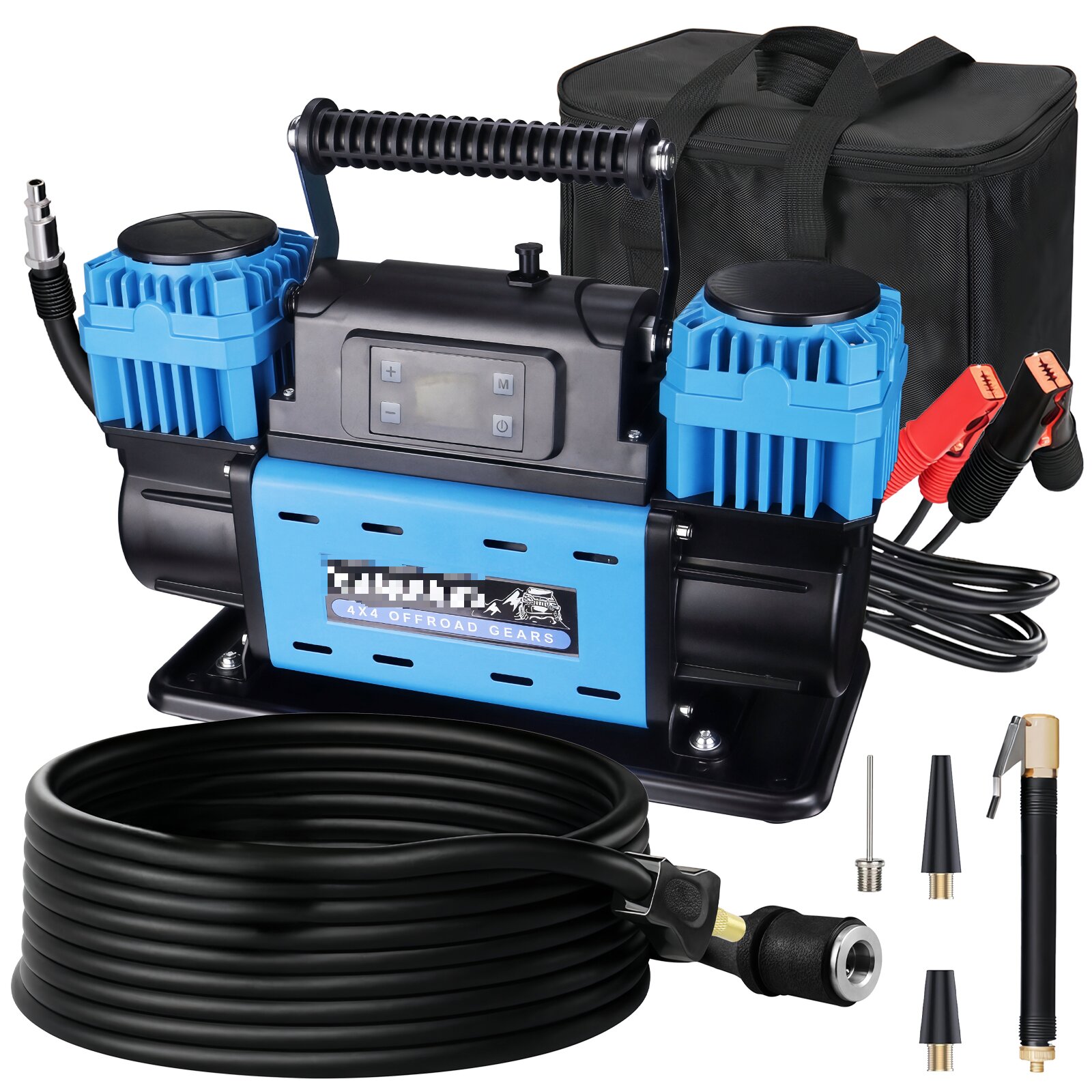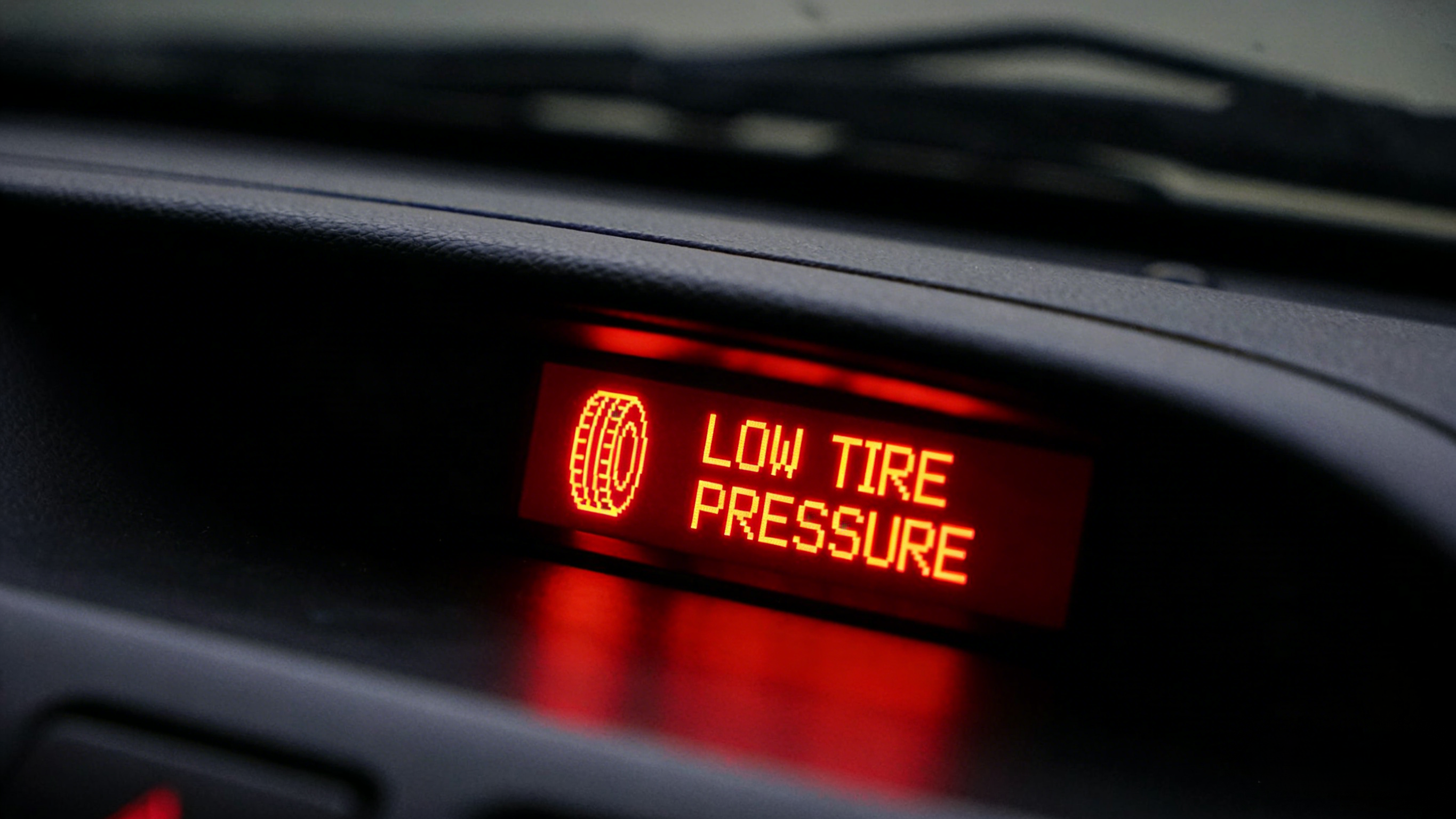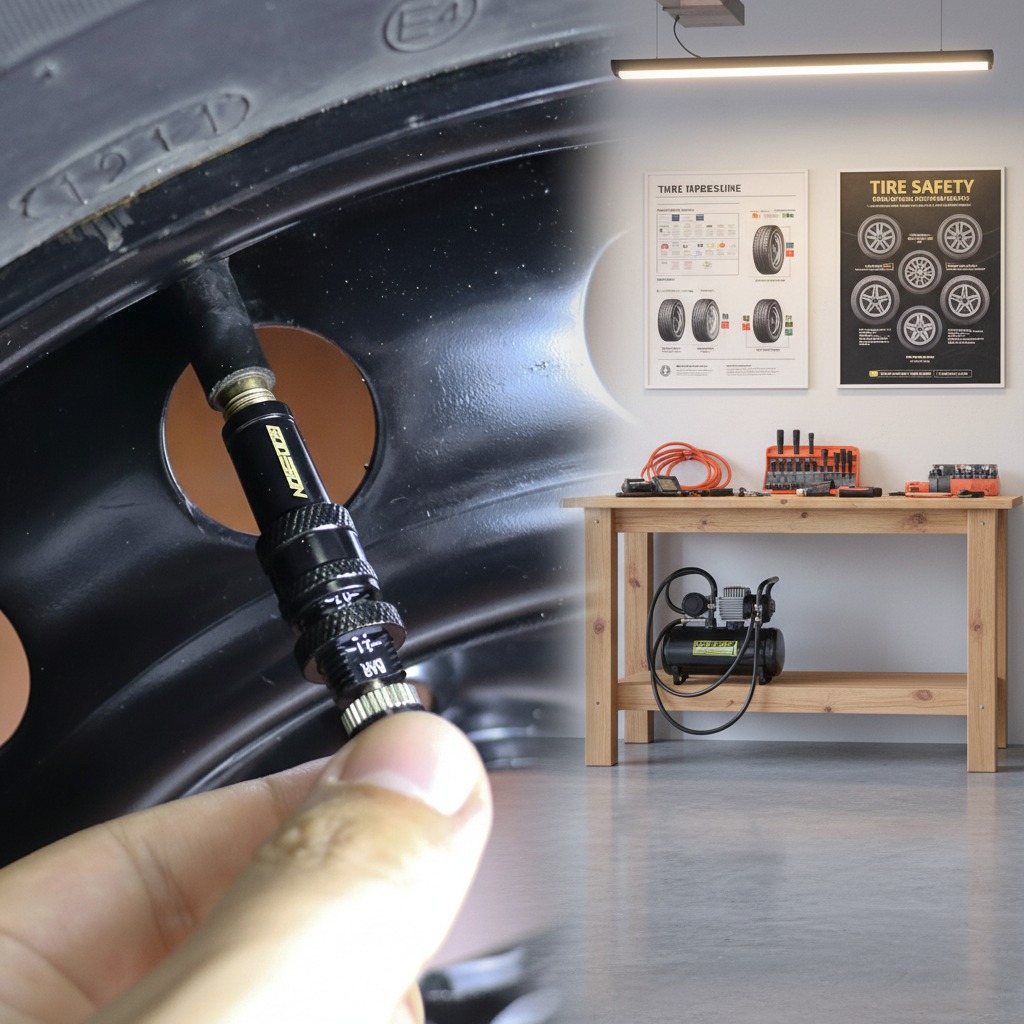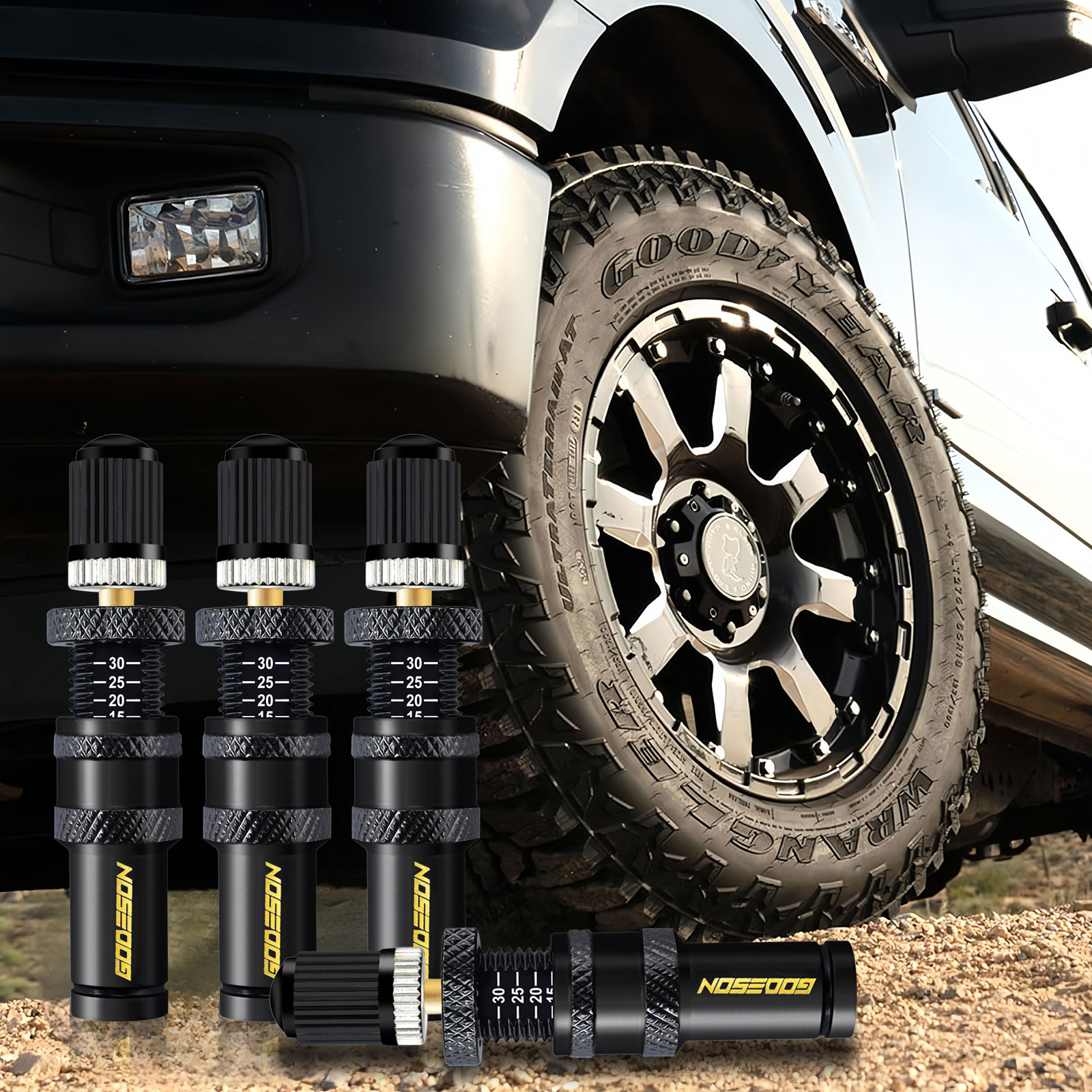Air chucks for tires are essential tools in the automotive industry, ensuring that vehicles maintain proper tire pressure for safety and performance. These devices connect air compressors to tire valves, allowing for quick and efficient inflation. Whether you're a professional mechanic or a car enthusiast, understanding air chucks for tires can help prevent blowouts and extend the life of your tires. In this article, we'll explore various aspects of these tools, including their types, automatic features, fittings, and heavy-duty options.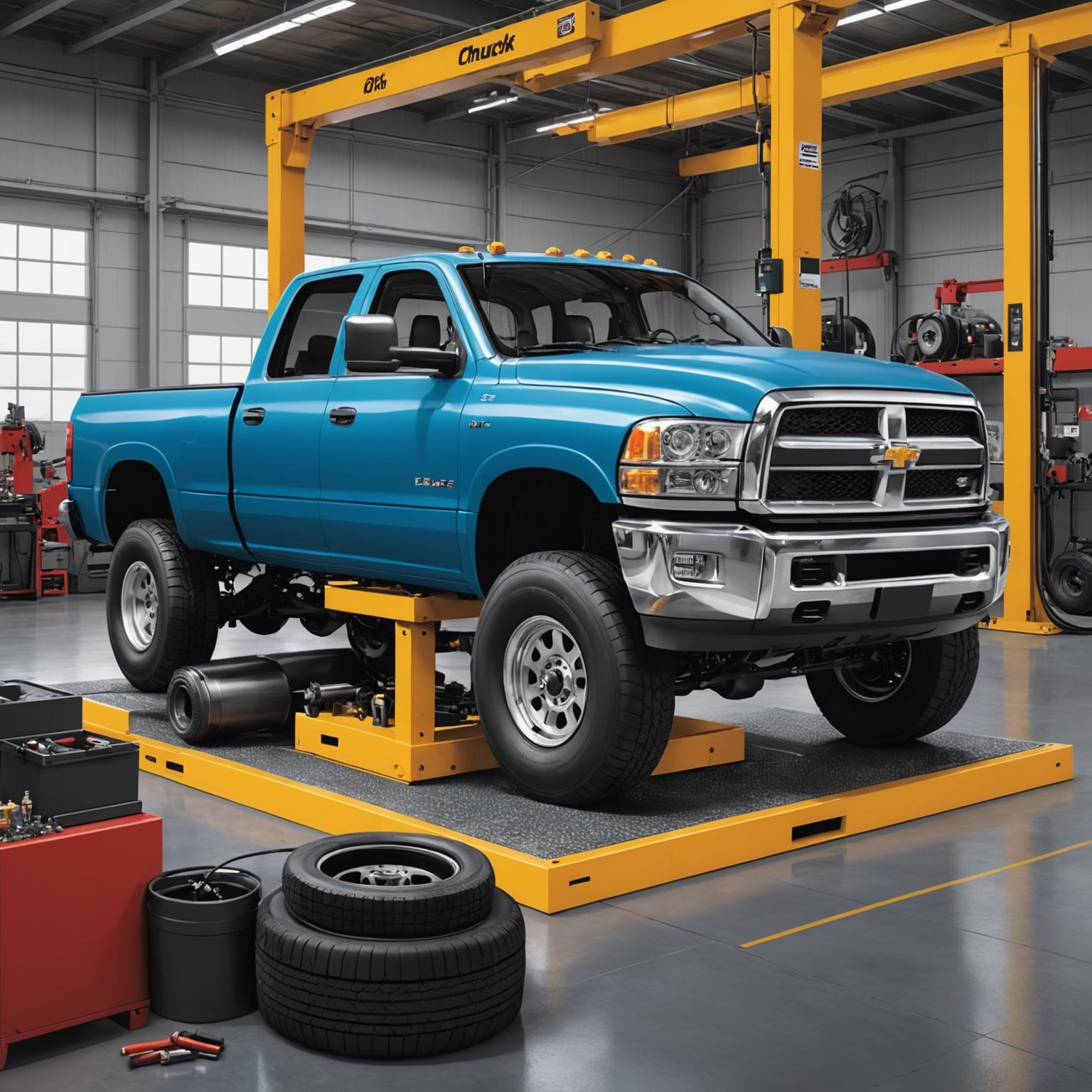
Understanding the Basics of Air Chucks
Air chucks for tires come in different designs, but they all serve the core purpose of securely attaching to valve stems. Air chucks types vary based on their mechanism, such as clip-on or push-on styles, which make inflation easier and more reliable. For instance, a standard air chuck might feature a simple lever that locks onto the valve, while others incorporate advanced sealing technology to prevent air leaks. This variety allows users to select the best option for their needs, whether for everyday use or specialized applications. Automatic air chucks are particularly popular because they can engage and disengage without manual intervention, saving time during tire maintenance routines. Heavy duty air chucks are built for rugged environments, like commercial fleets or off-road vehicles, where durability is key.
Exploring Air Chucks Types
Air chucks types encompass a range of designs tailored to specific tasks. For example, some air chucks are straight and compact, ideal for tight spaces in modern vehicles, while angled versions provide better access to hard-to-reach valves. Automatic air chucks stand out for their convenience, as they automatically seal when pressed against the valve stem, reducing the risk of errors during inflation. This type is especially useful in high-volume settings, such as auto shops, where efficiency matters. Air chuck fittings play a crucial role in ensuring compatibility with different air hoses and compressors. Common fittings include threaded connections or quick-release couplers, which allow for seamless integration into existing equipment. By choosing the right air chucks types, users can enhance their workflow and achieve more precise tire pressure management.
The Advantages of Automatic Air Chucks
Automatic air chucks offer significant benefits over traditional models, primarily through their ease of use and reliability. These devices feature an internal mechanism that automatically grips the valve stem, eliminating the need for manual clamping. This not only speeds up the inflation process but also minimizes the chance of air escaping, which is a common issue with older styles. In professional settings, such as tire shops or garages, automatic air chucks can improve productivity by allowing technicians to handle multiple vehicles quickly. Heavy duty air chucks often incorporate automatic features to withstand the demands of industrial use, ensuring they perform well under pressure. Additionally, air chuck fittings on automatic models are designed for secure attachments, preventing disconnections during operation. Overall, investing in automatic air chucks can lead to safer and more efficient tire maintenance practices.
Importance of Air Chuck Fittings
Air chuck fittings are the unsung heroes of tire inflation systems, as they determine how well the chuck connects to the air source and the valve. These fittings come in various sizes and styles, such as standard NPT threads or push-to-connect designs, to accommodate different equipment setups. Proper air chuck fittings ensure a tight seal, which is critical for maintaining accurate pressure levels and avoiding over-inflation. For heavy duty applications, like trucks or construction vehicles, fittings must be robust to handle vibrations and environmental stresses. Automatic air chucks often come with specialized fittings that enhance their automatic functionality, making them a preferred choice for users who prioritize convenience. By selecting high-quality air chuck fittings, individuals and businesses can extend the lifespan of their tools and reduce maintenance costs over time.
Heavy Duty Air Chucks for Demanding Environments
Heavy duty air chucks are engineered for environments where standard models might fail, such as in mining, agriculture, or long-haul trucking. These chucks feature reinforced materials, like metal housings and reinforced seals, to withstand extreme temperatures, dirt, and repeated use. Unlike regular air chucks, heavy duty versions often include larger valve interfaces for faster inflation rates, which is essential for large tires on commercial vehicles. Air chucks types in the heavy duty category may also incorporate automatic locking mechanisms to prevent accidental release during operation. This makes them ideal for professionals who deal with air chuck fittings in challenging conditions. By opting for heavy duty air chucks, users can ensure reliable performance and reduce downtime caused by equipment failure.
Tips for Choosing and Maintaining Air Chucks for Tires
When selecting air chucks for tires, consider factors like compatibility with your air compressor, the type of vehicles you'll be working on, and the frequency of use. For instance, if you frequently handle heavy vehicles, prioritize heavy duty air chucks with durable fittings. Regular maintenance, such as cleaning the valve interfaces and inspecting for wear, can prolong the life of your tools. Automatic air chucks require less upkeep due to their design, but always check for any signs of leaks or damage. Understanding air chucks types will help you make an informed decision, ensuring that your tire inflation process is both efficient and safe. Ultimately, the right air chucks for tires can enhance your overall automotive maintenance routine.
In conclusion, air chucks for tires are indispensable for anyone involved in vehicle upkeep, offering a blend of functionality and durability. From exploring air chucks types to leveraging automatic features and robust fittings, these tools play a vital role in maintaining optimal tire performance. As you incorporate heavy duty options into your toolkit, you'll appreciate the reliability they provide in various scenarios. By staying informed and choosing wisely, you can ensure that your tires are always ready for the road ahead.

